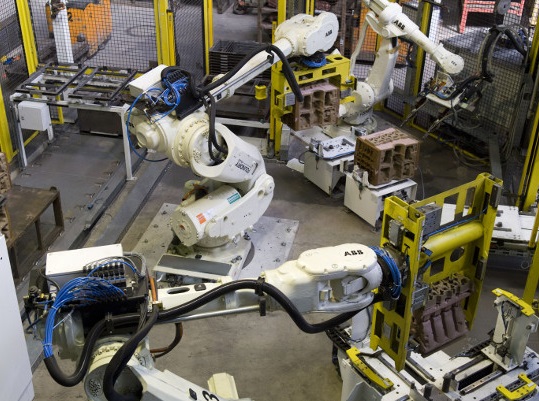
How can Africa succeed in the Fourth Industrial Revolution?
August 25th, 2020 – Key features of the Fourth Industrial Revolution (4IR) – accelerating digitalization, artificial intelligence (AI), cloud computing, robotics, and 3D printing – have obvious and important implications for education, employment, and the future of work. This is especially true for African countries. Over the past decade, the share of the continent’s under-20 population has expanded by more than 25%, and is projected to be the continent’s largest age cohort by 2070. As Africa meets the 4IR, its youth will be one of its most important assets.
But to capture this demographic dividend, African countries must overhaul their education systems to prepare for the coming technological revolution. While automation could increase skills premiums and exacerbate income inequality, it also could increase productivity and create new occupations. As such, the 4IR represents a unique opportunity for African countries to leapfrog over development hurdles with the help of technology.
The 4IR will heavily influence which skills are needed in the labor market. Around the world, demand is evolving toward adaptable social, behavioral, and non-repetitive cognitive skills, and away from routine tasks and narrow skills tied to specific jobs. In Africa, demand for software engineers, marketing specialists, writers, and financial advisers is rising, whereas demand for mechanical technicians, administrative assistants, and accountants is falling.
At the other end of the youth spectrum, higher education is more important now than ever for preparing workers to adapt to the changing job landscape they will encounter over the course of their careers. Studies in Kenya and Tanzania, cited by the African Development Bank (AfDB), for example, show that non-repetitive and cognitive skills are associated with better starting pay, greater job satisfaction, and higher wages over time. Yet, across Africa, less than 4% of the population has a university degree. Moreover, education has remained concentrated in social sciences and humanities, and has lagged in the STEM (science, technology, engineering, and math) fields that are crucial for harnessing the 4IR.
As a result, there is a growing mismatch between businesses’ evolving demands and the skills furnished by African education systems. The sooner African countries can close these gaps, the better chance they will have of reaping the benefits of new technologies.
Written by World Economic Forum
Photo: How we made it in Africa
Related Post
Equipping SMEs with the skills to...
SMEs and entrepreneurs heavily depend on skills to stay competitive and face greater challenges than larger firms in accessing and retaining...
The future of entrepreneurship with AI
AI-native startups are redefining the nature of entrepreneurship through accelerated scaling. With leaner teams, evolving funding dynamics, ...
Micro and small businesses can act...
In an international context where conflicts have reached their highest level since the Second World War, what role can micro, small, and med...




